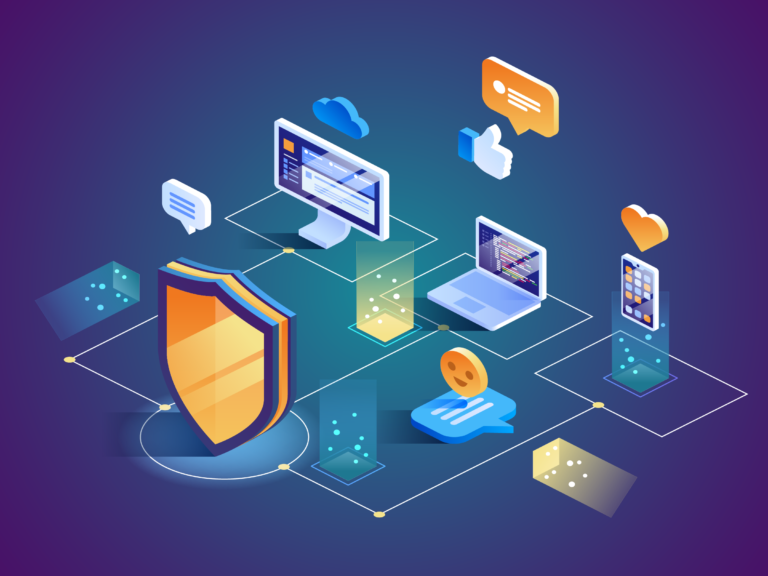A firewall is certainly critical to the security of a business network, and, in fact, is standard practice for many organizations. But what exactly is a firewall? Moreover, why is it so important to have one? Understanding why firewalls are important ensures your business invests in cybersecurity tools robust and efficient enough to offer real protection.
What is a Firewall?
First, let’s explore what a firewall is and what it does. In short, a firewall is a network security device used to monitor incoming and outgoing network traffic. The firewall accordingly decides whether it will allow or block that traffic according to the security rules your organization sets.
A firewall can be either a physical hardware device or a software tool. It can also be both. In any setup, it works as a barrier between your internal networks and untrusted, outside networks, including the Internet. Hardware firewalls can be more complicated. However, software firewalls are typically less expensive. Generally, businesses use hardware firewalls to ensure an appropriate level of security.
Not only is a firewall an important security and monitoring tool but can also operate as a productivity tool. Because the firewall monitors all traffic, it can block certain websites. If employees are spending too much time on social media, for example, a firewall can be particularly helpful in keeping things on track. Furthermore, a user can configure a firewall in additional ways, such as logging network usage. It can protect specific files or data, and can even provide network security for remote access.
Why are Firewalls Important?
Firewalls are undoubtedly critical in ensuring your company has strong cybersecurity practices in place. If your business brings you online at all, a firewall is your first line of defense against threats to your data.
Since businesses often deal with confidential or personal data, it’s crucial to make sure this information doesn’t fall into cybercriminals’ hands. This is especially important for healthcare, finance, and law organizations, where compliance with privacy protections is law. Firewalls protect data and protect your business from the consequences of unsecured information.
A firewall can prevent both spyware and virus attacks, even as people create new viruses every day. By controlling the entry points to your network, a firewall keeps these costly interferences away. It also helps prevent hacking, keeping that malicious traffic outside where it belongs.
Of course, a firewall works proactively as well. With threat detection included in your firewall configuration, the system will send an alert if there is a potential problem. IT can then jump into action, securing data and mitigating any breach.
Firewalls can also look for accidental data loss within files that a user has downloaded or moved. A firewall can detect accidental deletions or malicious moves by comparing the state of the file before and after a transfer.
Finally, firewalls are particularly helpful when organizations are working with remote employees. As noted, a firewall can provide network security even to those who are outside of the office. Configured correctly, firewalls will secure connections between the internal network and your external users to protect traffic.
Choosing the Right Firewall
Traditional firewalls work better than no firewall at all, but these legacy solutions may not work as well as modern technology. These older programs can also strain other network resources, so it’s important to find a system that works better with your platform.
Newer firewalls can dig deeper into traffic and systems, getting a closer look at what applications are being used and when. They are also faster than traditional firewalls, avoiding bottlenecks at the point of monitoring and inspecting.
Finally, newer firewalls are also able to evolve quickly. Network threats are changing and emerging every day. If your firewall cannot keep up, those threats will come through. Instead of having to install and reinstall different programs every time a new threat hits, your modern firewall will adapt.
Investing in a Business Firewall
If you are looking to update your firewall for better business protection, we are here to help you find the right system. A firewall is one part of a robust security system for your company. We are committed to a full-system approach. We are pleased to offer our experience and advice to ensure that your company is compliant, secure, and able to focus on business objectives.
An excellent modern firewall does not have to be a complicated endeavor. We analyze your system, what is working and what is not, and provide you with firewall solutions. The result is data protection and cybersecurity that saves you time and money and increases productivity.
